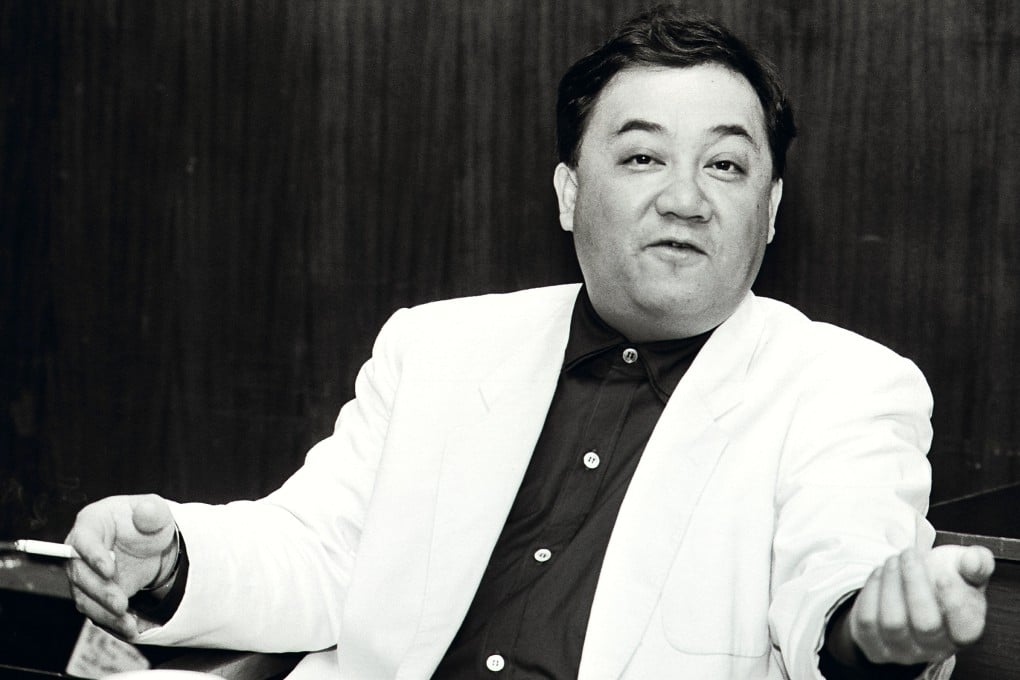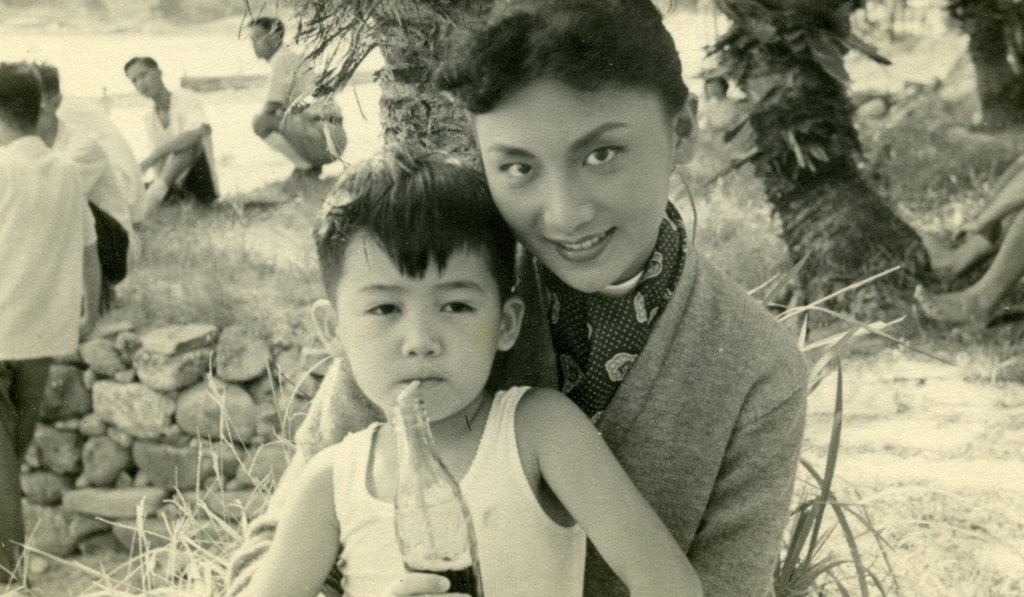Michael Lai, giant of film and TV music in Hong Kong, dies at 73
- Born to a composer and a literary critic, he acted in films from age seven
- His songs for movies and TV programmes were where he made his mark, culminating with Best Original Film Score at the Hong Kong Film Awards in 1987

Hong Kong on Sunday lost a key protagonist in the elevation of local film and music since the 1970s.
Michael Lai Siu-tin, best remembered for award-winning lyrical tunes from TV and the big screen, died on Sunday at St Paul’s Hospital. He was 73.
“At 7.55 this morning, our good friend Siu Tin passed away peacefully with family members and good friends at his side,” Nancy Sit Ka-yin, Lai’s long-time TV co-host, said in a statement.
“Throughout the night, we were there singing his songs, one after another. Though his eyes were closed, we knew he was listening with fondness, and I couldn’t hold my tears,” she added.

Lai had received treatment for pneumonia in May, and recovered to join Sit on the TV show Canto-pop at 50 in late July, in what would be his last public appearance.